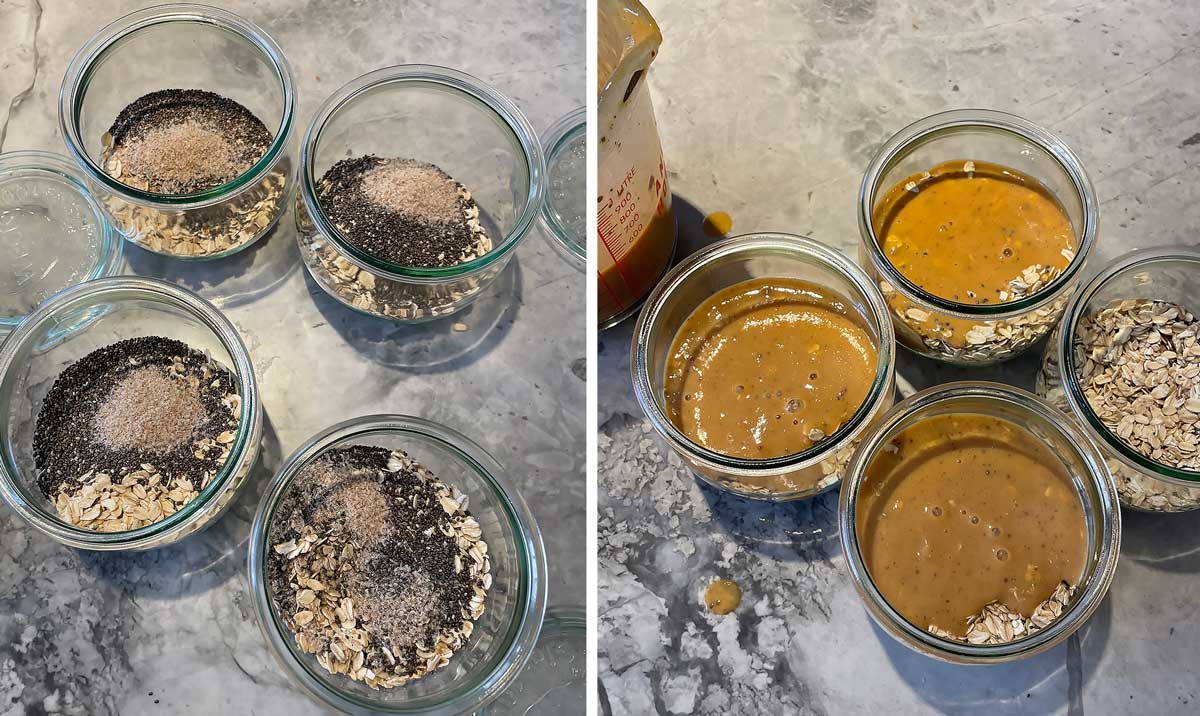Heart ❤️ disease has remained the leading cause of death in the U.S. for over a century, yet recent surveys reveal a concerning lack of awareness among Americans about its gravity. Despite claiming more lives than cancer and chronic lower respiratory diseases combined, many fail to recognize its impact.
The primary drivers of cardiovascular death, including coronary artery disease, stroke, high blood pressure, heart failure, and arterial diseases, underscore the urgency of the issue. Fortunately, heart disease is largely preventable and amenable to an integrative approach.
While early prevention strategies are optimal, it’s never too late to adopt healthy eating and exercise habits. Beyond cholesterol, factors like inflammation, salt intake, blood sugar levels, and stress play critical roles in cardiovascular health. Understanding the cumulative impact of these factors on our blood vessels is essential, as disease may be present before cholesterol levels reach treatable levels detectable by current screening methods.
A dietary approach to cardiovascular health
One of the most well-supported dietary approaches for promoting cardiovascular health is the Mediterranean Style Diet. This approach not only focuses on cardiovascular benefits but also extends to overall health. Key principles of this diet include:
- Substituting polyunsaturated fats for saturated fats (typically animal fats) and trans fats.
- Consuming omega-3 fatty acids from fish or plant sources.
- Emphasizing a diet rich in vegetables and fruits, whole grains, and low in refined carbohydrates.
A great resource for Mediterranean and Traditional Patterns of Eating can be found here.
In addition to the Mediterranean Style Diet, there are other dietary strategies that have been found to be beneficial for cardiovascular health:
- Soy: Incorporating soy into your diet has been found to lower LDL cholesterol. The American Heart Association Nutrition Committee recommends consuming at least 25 grams of soy daily. You can find recipes and other health benefits of soy here.
- Fiber: Most Americans are deficient in fiber, which has been found to reduce the absorption and synthesis of LDL cholesterol. Aim for at least 25 grams per day for women and 30 grams per day for men. Adding a fiber supplement such as psyllium can provide additional lipid-lowering benefits. Start with a low dose and gradually increase. The dose found to lower LDL cholesterol was 5 grams of psyllium fiber twice a day. Here are some easy ways to boost fiber in your daily diet.
- Sodium/Salt: Don’t wait until you have hypertension to lower the sodium/salt in your diet. Increased sodium intake has been associated with higher blood pressure and cardiovascular disease. Aim to keep sodium intake below 1.5 grams per day. Here is a helpful resource on reducing sodium in your diet.

RECIPE: Overnight Oats with Chia
A simple and nutritious way to incorporate more fiber and soy into your diet is by preparing overnight oats with chia. Here’s a basic recipe:
- 1/2 cup oats
- 1 tablespoon chia seeds
- 2/3 – 1 cup soy milk (or other non-dairy milk)
- 1/2 teaspoon maple syrup
Prepare enough for a few days at a time and feel free to experiment with different flavors and additions. You can warm it up in the microwave if you prefer it warm. Consider adding psyllium, flaxseed, or nuts for added benefits. Here are some resources for overnight oats recipes: Love and Lemons, Now Cook This.
Exercise for the prevention of heart disease
In addition to diet, exercise is one of the most potent interventions for the prevention of heart disease. Regular exercise not only benefits cardiovascular health but also contributes to overall longevity. Even as little as 30 minutes of walking a day can lower the risk of heart disease.
For exercise recommendations, you can refer to the American College of Sports Medicine Physical Activity Guidelines for Americans.
Taking an Integrative Approach for the prevention and treatment of cardiovascular disease
While diet and exercise are foundational steps in the prevention and treatment of cardiovascular disease, an integrative approach offers a broader range of options beyond prescriptions and procedures. It takes into account the whole person, addressing not only physical health but also mental, emotional, and spiritual well-being.
For more information and resources on heart health, you can visit the American Heart Association website.
Let’s prioritize our heart health this February and beyond. Together, we can make a difference.

